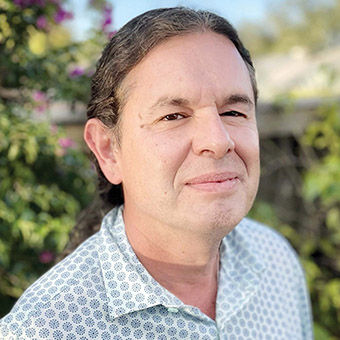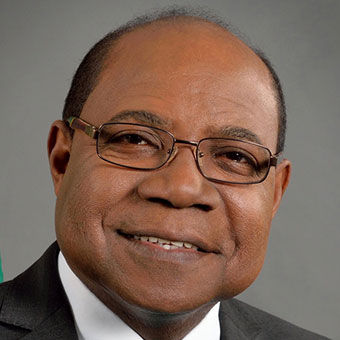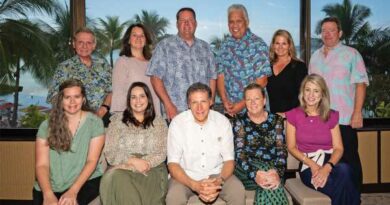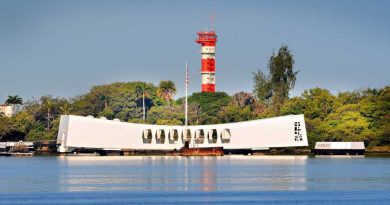Leaders gathering in Jamaica to take on tourism's challenges
Caribbean tourism is back on track, with numbers on several islands matching or in some cases exceeding prepandemic levels.
But that doesn’t mean tourism officials aren’t watching out for the next potential crisis.
Natural disasters, financial and workforce issues, crime and political instability are just some of the issues that the Global Tourism Resilience and Crisis Management Centre plans to discuss when it convenes its inaugural conference in Jamaica Feb. 15 to 17. Attendees will assemble from all corners of the globe, with one goal in mind: improving the state of tourism, not just in the Caribbean but worldwide.
“We are all dependent on tourism for economic well-being because it’s a global industry,” said Kenneth Bryan, the Cayman Islands minister of tourism. “It operates in such a dynamic environment. There are so many interconnected sectors that are vulnerable to negative impacts.”
The three-day conference, to be held at the University of the West Indies Regional Headquarters in St. Andrew, will have 40 international speakers discussing a variety of subjects. While in-person attendance is limited to 200, the conference will be streamed online. Organizers hope the event will draw attendees not just from the tourism sector but also heads of government, academics and investors, among others. So far, representatives and attendees from countries including Jamaica, Grenada and Bahamas are scheduled to speak as are seven government representatives from African nations and others from Saudi Arabia and Jordan.
Job one: Restoring the workforce
The restoration of the tourism workforce figures to be at the top of the agenda for many attendees. When the pandemic struck, 72 million people lost their jobs in the tourism sector, and only 18% to 20% have returned, according to Edmund Bartlett, Jamaica’s tourism minister, who co-founded the organization in 2018 and serves as its co-chair.
“We need to know exactly why they haven’t come back,” he said. “We need the missing links to an environment that is conducive to the highest level of productivity and production and stability, and we need to make that change so that the recovery is strong and powerful as to bring the workers around.”
According to Statista, the top three countries whose GDP relied the most on travel and tourism in the Caribbean in 2021 were Antigua and Barbuda (61%), Aruba (59.6%) and St. Lucia (48.6%).
“There’s a need for a convergence in the Caribbean because we are the most tourism-dependent area on Earth,” said Bartlett, explaining that the islands present a more powerful force for tourism when working together and acting as one.
The conference dates in line with a move to designate February 17 as Global Tourism Resilience Day, a move that tourism-minded groups including the Caribbean Hotel and Tourism Association have called on to become observed worldwide after hurricanes Ian and Fiona ravaged portions of the Caribbean. In the past, Bartlett also proposed a Global Resilience Fund to help destinations deemed highly vulnerable to tourism disruptions and that don’t have the financial resources for preparation or recovery.
Visit www.gtrcmc.org for more information on the Global Tourism Resilience and Crisis Management Centre.
Source: Read Full Article





